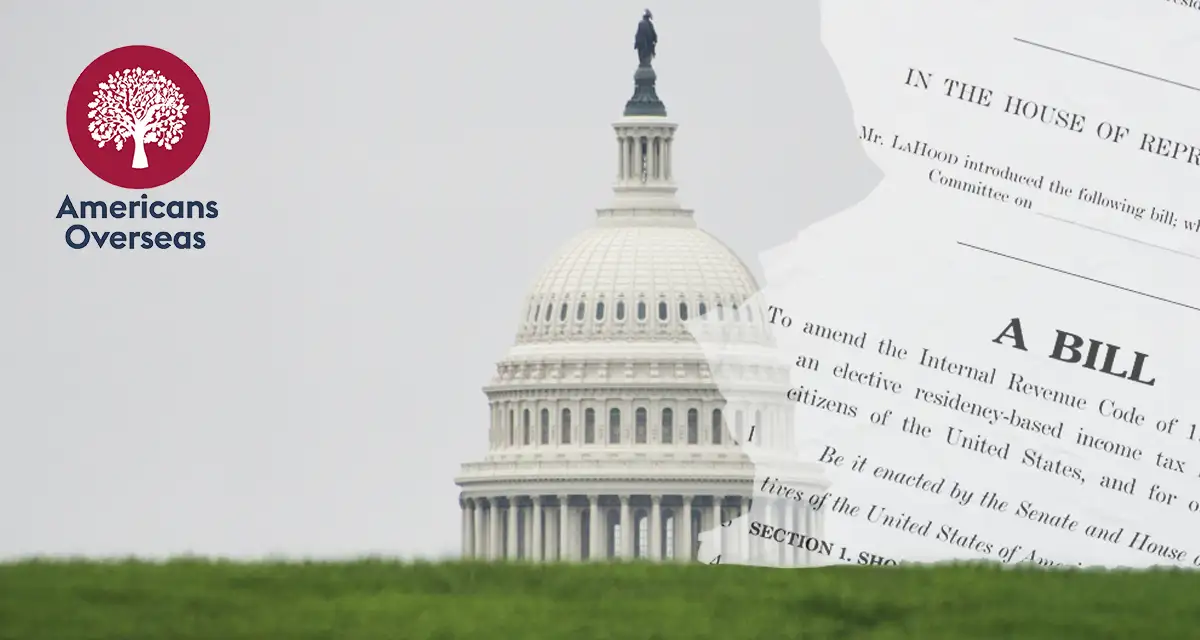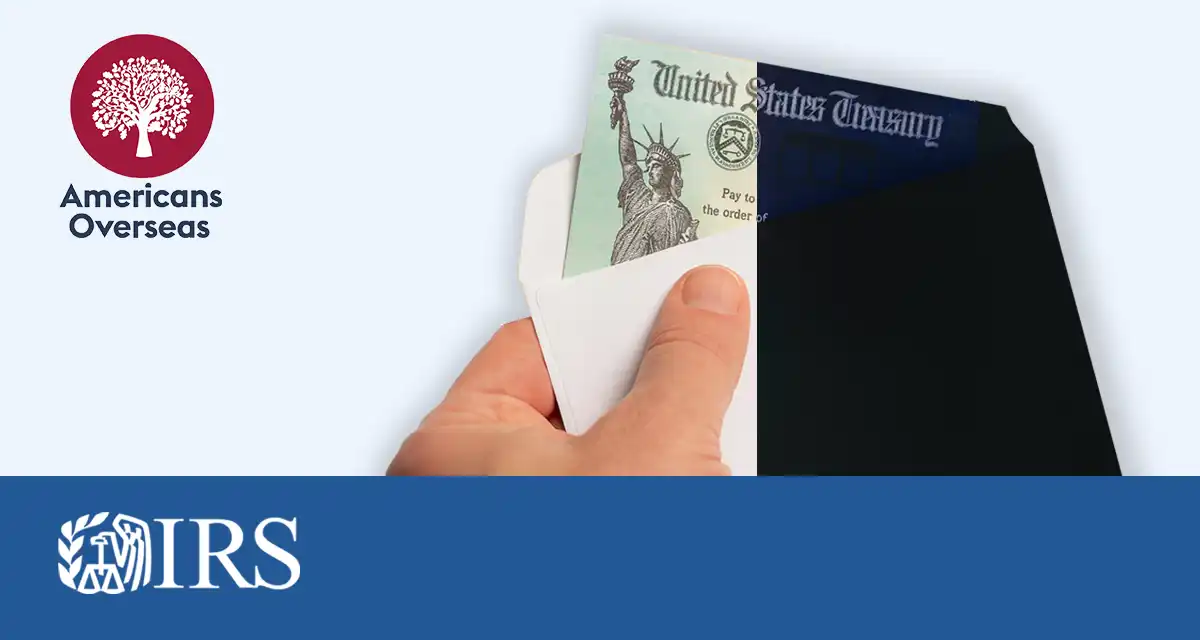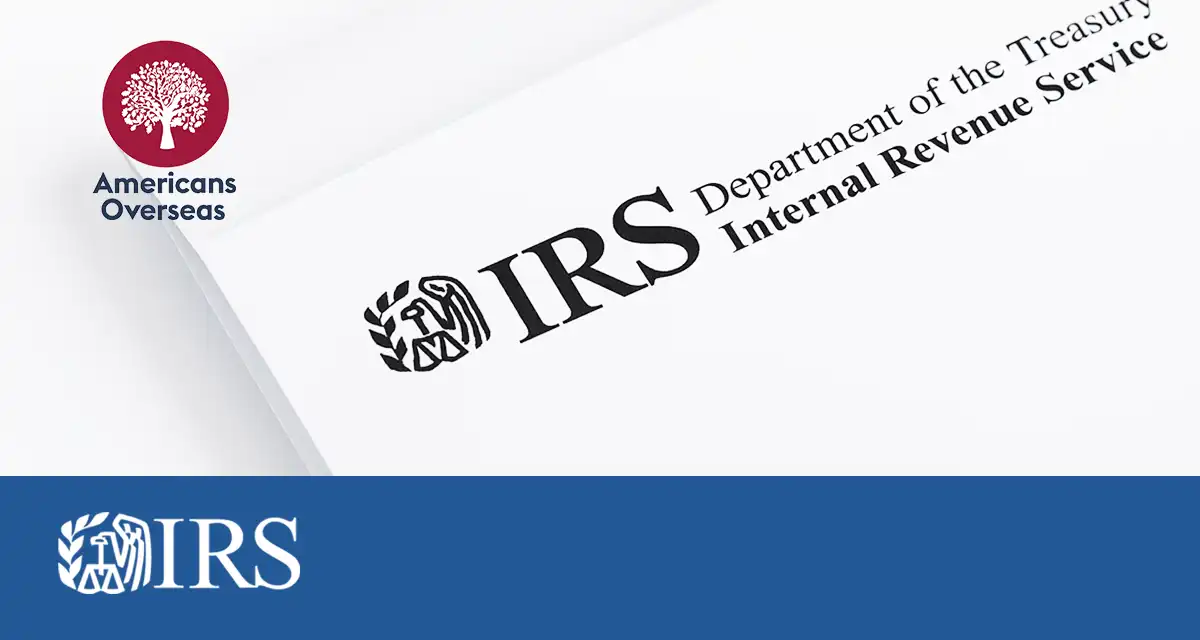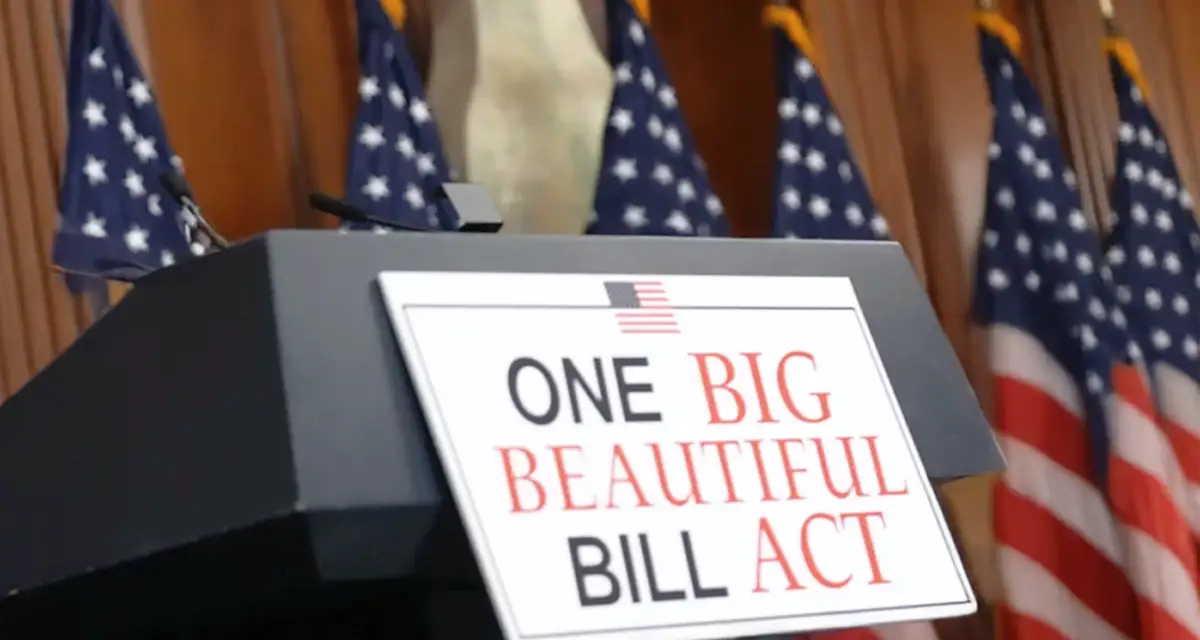
IRS Will Stop Issuing Paper Checks After September 30, 2025: What Americans Living Abroad Need to Know

Summary
Starting September 30, 2025, the IRS will stop issuing and accepting paper checks due to Executive Order 14247, shifting all federal payments—including tax refunds—to electronic methods only. For Americans living abroad, this means you’ll need a U.S. bank account to receive IRS refunds, as foreign accounts are not supported. The change is meant to reduce fraud and delays but may cause issues for expats without U.S. banking access. Planning ahead is essential to avoid disruptions in the 2025 tax year.
The U.S. government has announced a major shift in how it handles federal payments. Starting September 30, 2025, the IRS and other federal agencies will stop issuing and accepting paper checks. This change, which stems from Executive Order 14247, aims to modernize payments and reduce fraud and inefficiencies.
For many Americans overseas—especially those without U.S. bank accounts—this could disrupt how they receive tax refunds or pay outstanding balances to the IRS. Planning ahead is essential.
What is changing?
Beginning in fall 2025, federal payments will become electronic by default. Paper checks will no longer be issued for tax refunds, Social Security payments, or any other federal disbursement—nor will they be accepted as payment to the IRS.
The IRS will only send refunds via direct deposit to U.S. bank accounts. To pay taxes owed, individuals must use IRS Direct Pay, EFTPS, or an approved card payment processor.
While there are limited exceptions—such as for individuals over 90 years old, those without any access to banking, or in emergency scenarios—these are not likely to apply to most Americans overseas.
The change is being implemented under Executive Order 14247, which directs U.S. agencies to move away from paper-based systems wherever feasible. According to the U.S. Treasury, this modernization will reduce administrative costs, speed up refunds, and improve security.
How does this affect Americans abroad?
This policy is particularly important for U.S. persons living outside the United States, including so-called Accidental Americans, who may not have easy access to a U.S. bank account.
If you file a federal tax return and expect a refund, you will now need to provide:
-
A U.S. bank account number and
-
A routing number on your Form 1040
Without this, the IRS cannot issue your refund.
Unfortunately, the IRS does not allow direct deposits to non-U.S. bank accounts, even if they are in U.S. dollars. That leaves expats with a few options:
-
Open or maintain a U.S.-based bank account (some online banks allow this)
-
Use a U.S. dollar account at a bank that supports ACH transfers
-
In rare cases, apply for an exception—though approval is limited
If you owe tax, the transition is simpler. The IRS already prefers electronic payment, and online tools like Direct Pay or the Electronic Federal Tax Payment System will remain available.
Is this permanent?
Because this policy was introduced by executive order rather than an act of Congress, it could technically be changed or reversed by a future administration. However, for now, the IRS and other agencies are moving forward, and public awareness campaigns are already underway.
As noted by the Washington Post, the policy is part of a broader push to reduce paper waste, cut down on fraud, and streamline government operations.
What should expats do now?
If you are a U.S. citizen or Green Card holder living abroad, it’s important to prepare:
-
Secure a U.S. bank account capable of receiving refunds
-
Update your filing process to ensure direct deposit information is correctly entered
-
Stay informed about additional Treasury guidance and implementation updates
Taxpayers who don’t act may face significant delays—or find themselves unable to receive refunds altogether.
The bottom line: IRS paper check deadline 2025
For Americans living overseas, the end of paper checks is more than a bureaucratic change—it’s a practical challenge that could affect your finances if you’re unprepared. Whether you’re filing from France, the Netherlands, or anywhere else in the world, taking action now is the best way to avoid surprises in the 2025 tax year and beyond.
If you need help navigating this change or understanding your U.S. tax obligations as an expat, contact Americans Overseas. We’re here to help you stay compliant—and connected.
Get informed at Americans Overseas
Have you received a letter from the IRS and are unsure what it means? Are you worried about errors in your tax return due to unclear or incorrect notices?
We, the founders of Americans Overseas, were born in the Netherlands and obtained our American nationality through our (American) mother.
When we heard about the US tax system for the first time around 2013, we were in total disbelief (it can’t be true!), anger (how can they do this?), fear (am I going to get fined or pick up other problems?), and panic (what should I do?). It is (unfortunately) true that there is an additional American tax levy. But there’s no information from the local government, and when approached, the consulate referred us to the IRS, and the IRS was impenetrable.
That’s why we started this initiative to help people from all over the world by providing proper information about the US tax system to avoid unnecessary panic and offering help free of obligation and free of charge. If needed, we have a network of affordable professionals (accountants) who can help you with your American tax obligations.
Contact us for more information
Further reading and sources IRS paper check deadline 2025






